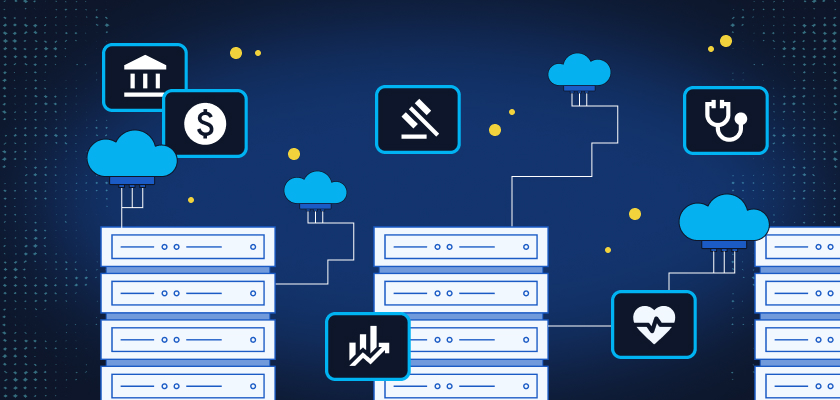
SOC 2 is more than a security framework; it’s a business expectation. For any organization that stores, processes, or transmits customer data, especially in a cloud-based environment, SOC 2 compliance signals operational integrity and data protection maturity.
It has become a baseline requirement in B2B procurement, especially for service providers in technology, finance, healthcare, and IT. If your clients expect secure, reliable service delivery, SOC 2 is often the first proof point.
SOC 2 Compliance: A Trust Framework for Technology Providers
SOC 2 was developed by the AICPA to assess how service providers manage customer data against the Trust Services Criteria—Security (required) and, as scoped, Availability, Processing Integrity, Confidentiality, and Privacy. Unlike certifications, SOC 2 is an independent attestation focused on internal controls and operational integrity.
It is especially relevant for cloud-based providers delivering ongoing services and data access. SOC 2 was designed for modern environments, where infrastructure is distributed, services are API-driven, and trust must be externally validated.
Which Organizations Should Pursue SOC 2?
SOC 2 isn’t limited to any one sector. It applies to a wide range of organizations that handle sensitive data on behalf of clients:
- Cloud-Based SaaS Providers: Most SaaS companies are custodians of sensitive customer data. SOC 2 is frequently required by enterprise clients during vendor onboarding.
- Managed Service Providers (MSPs): MSPs manage infrastructure, access controls, and remote systems, making them a high-stakes vendor. SOC 2 provides the assurance clients need to entrust them with critical operations.
- Fintech & Healthtech Companies: Organizations in finance and healthcare operate under intense regulatory and client scrutiny. SOC 2 helps demonstrate proactive data stewardship and internal discipline.
- Data Storage & Hosting Platforms: When your infrastructure houses client data, trust in your availability and security practices becomes non-negotiable. SOC 2 validates your resilience.
- IT Service and Security Vendors: As third-party providers embedded in client systems, IT and cybersecurity vendors are often subject to stringent vendor risk assessments. SOC 2 often makes or breaks deals.
Is SOC 2 Compliance Legally Required?
SOC 2 is not required by law. However, it is often a contractual prerequisite driven by clients’ procurement and vendor risk management processes.
SOC 2 frequently appears in:
- Security questionnaires from mid-enterprise and enterprise clients
- Partner onboarding checklists
- Third-party risk frameworks for regulated industries
Examples:
- A SaaS startup pursuing Fortune 500 clients
- An MSP onboarding a regional bank
- A cloud file-sharing service expanding into healthcare markets
In these cases, SOC 2 isn’t optional, it’s a deal enabler.
Why Pursue SOC 2 Even if It’s Not Mandatory?
Even without a formal requirement, SOC 2 delivers strategic value:
- Build Client Trust: Demonstrates a verified commitment to protecting customer data
- Win Larger Deals: Meets procurement expectations and reduces onboarding friction
- Improve Security Posture: The process helps identify control gaps and improve operational maturity
- Accelerate Sales Cycles: Reduces delays caused by security questionnaires or additional vetting
- Stand Out From Competitors: Many buyers use SOC 2 as a differentiator in vendor selection
Common Questions About Who Needs SOC 2
No. While it’s especially relevant for SaaS, SOC 2 applies to any service organization that processes or stores customer data.
Yes. Early SOC 2 readiness often opens the door to larger clients and builds maturity into business operations from the start.
They may not today, but future prospects likely will. SOC 2 also improves internal practices and can shorten future sales cycles.
Government clients often require FedRAMP, but SOC 2 can still support vendor diligence and adjacent requirements.
They serve different purposes. ISO 27001 is a certification of your ISMS, while SOC 2 provides assurance of your operational controls to external stakeholders.